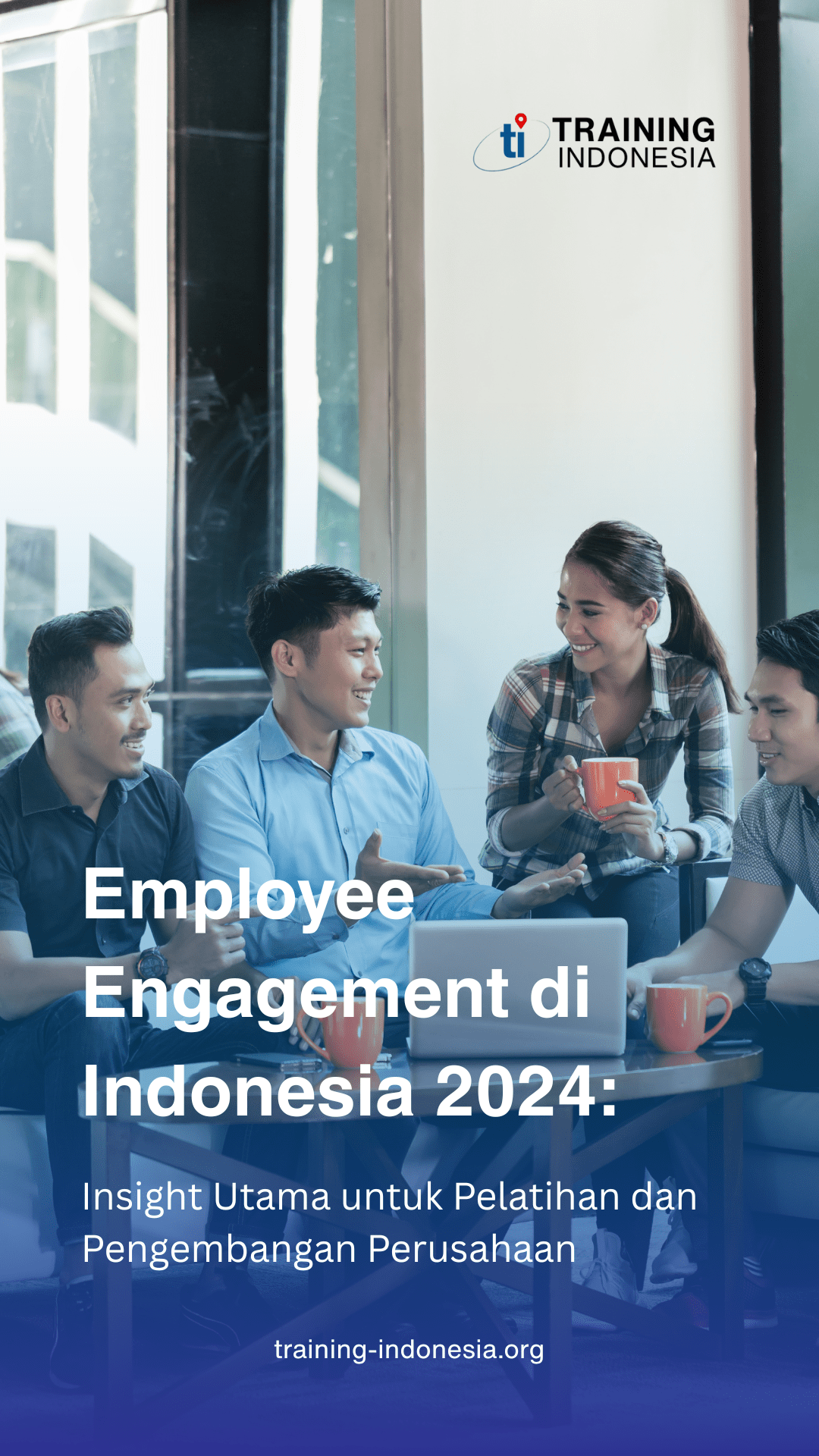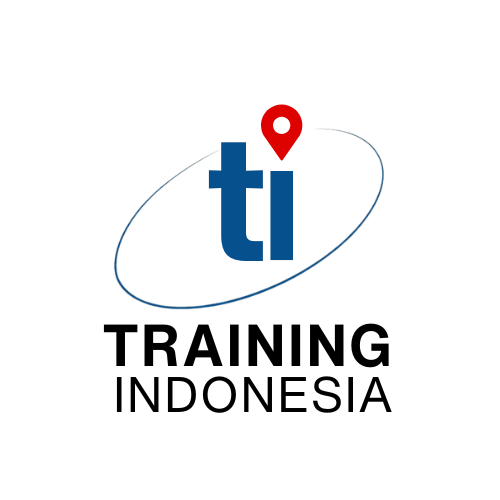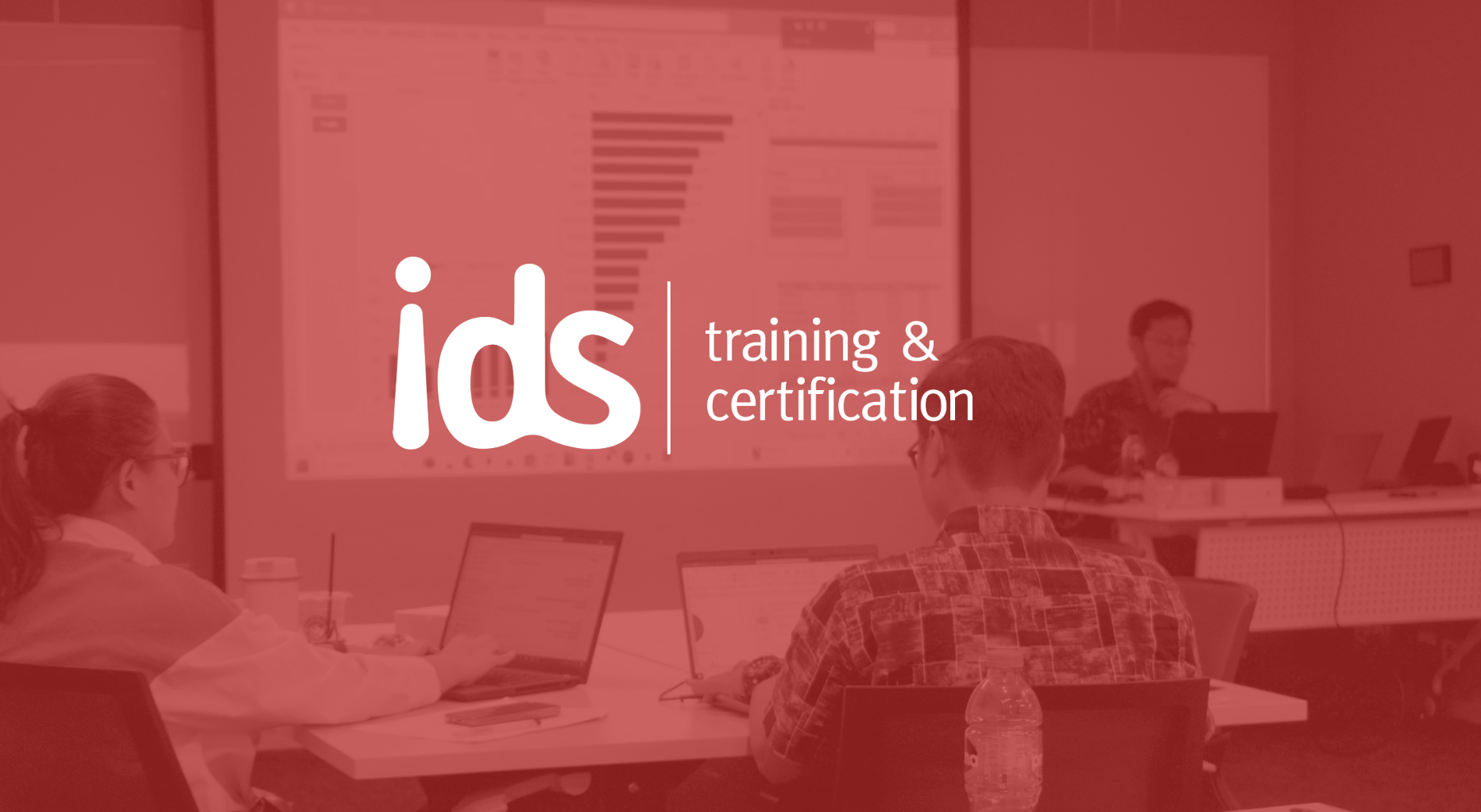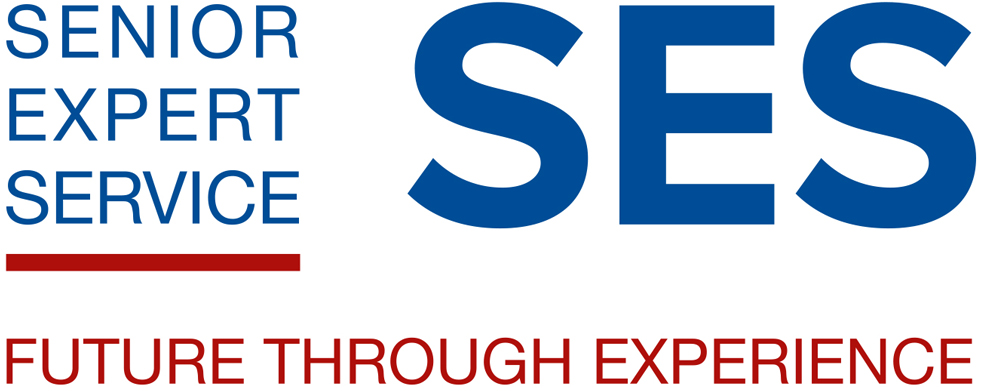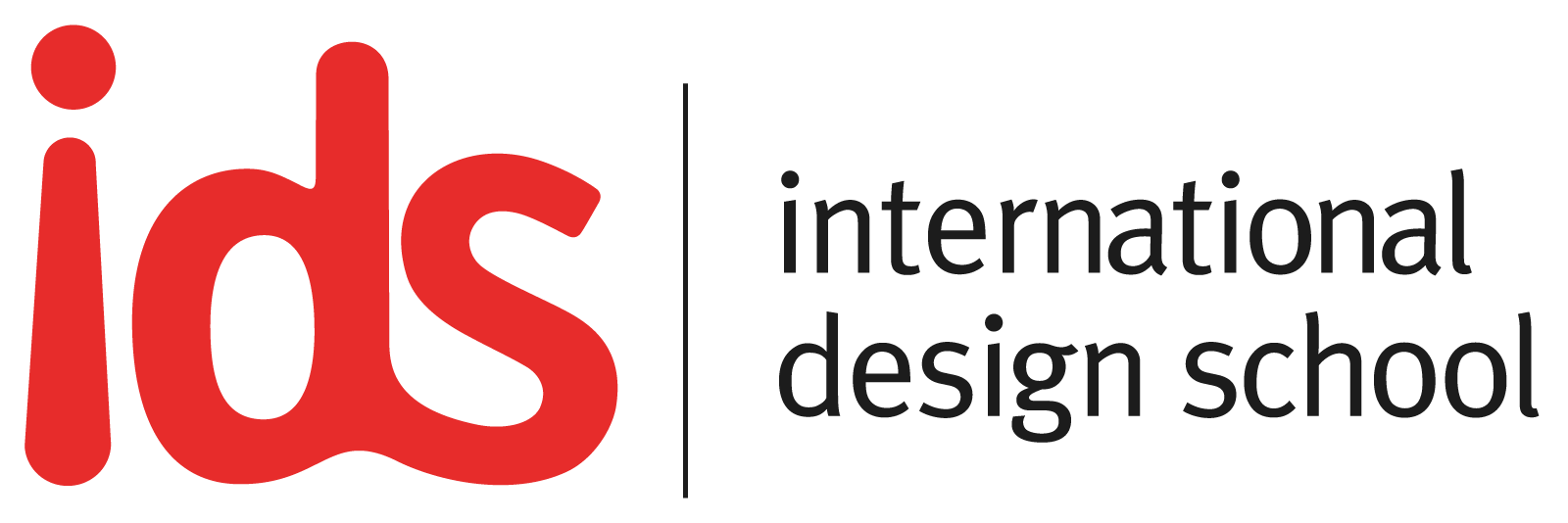An introduction to the German education system
While Lander fall under the command of the Federal Ministry of Education and Research (BMBF), the Lander has greater authority than the federal government in regulating and supervising their education process. While the compulsory education and grade systems are the same across Germany, the teaching and learning systems, teaching materials and curricula can vary across the country.
Education is mandatory for every single person, be they German or a foreigner. Those who don't enroll in school could be fined. In the other words, homeschooling is illegal. The quality of German education shows that, statistically, over the years, German reading, mathematics, and science performance points tend to fluctuate above the OECD average. Furthermore, the German Dual Vocational Education and Training system is recognized as the best vocational education system in the world.
Generally, compulsory education in German begins when a child, usually starting at 6 years old, enters Primary School and ends at the age of 18 or 19 years at grade 12 or 13 of Secondary School. This means that children under 6 years of age are allowed not to participate in preschool education. Preschool education in each area is supervised by the Youth Welfare Office, which is in charge of developing and protecting children, adolescents and families. There is no specific curriculum, but they have to strengthen children’s character, communication, and language. Hence, there is no specific grading. However, parents and teachers will usually discuss the development of their children's learning skills to support their basic education at the age of 6.
Primary education (Grundschule) is completed over a period of 4 years or 6 years in Berlin and Brandenburg. This means that students will complete grade 4 at, at least, the age of 10 or grade 6 at age 12. Students are assessed quantitatively using 6 scales with being 1 the highest and 6 being the lowest. If they do not reach certain standards, they may have to repeat the same year. A learning report containing an assessment of the students' interests and talents are provided for the previous year’s education, as well as recommendations for parents regarding the type of secondary school that suits their children.
The selected secondary education plays an important role in determining the future of the students. There are 3 types of secondary schools: namely Hauptschule, Realschule, and Gymnasium. In addition, there are schools that combine several or all the three types. Students who orients less towards academic abilities are expected to enter vocational training, which is grade 5 to 9 at the Hauptschule. Meanwhile, students who orient towards technical skills with an aptitude towards academic abilities and are expecting to have more options for when they enter vocational training, apprenticeships, or higher education, can take years 5 to 10 at Realschule. The third option, years 5 to 12 or 13 at the Gymnasium, is for students who orient towards higher academic abilities and are expecting to enter higher education.
After completing Hauptschule or Realschule, students must take vocational training that starts from grade 10 to 12 or 13 as the second phase of their secondary education. To provide the best learning experiences, the trainees are trained in a company by employees who are officially certified in the IHK program called Ausbildung der Ausbilder (Training of Trainers). Vocational training pays close attention to the ability to think and act in a sustainable manner and to ensure trainees are well prepared for the future. Ensuring the theoretical education is well synchronized with the industrial needs, the Training for Trainers are held for all teachers and trainers.
Related News
Indonesian HR Strategy to Optimize the Potential of AI in the Future Workplace
Artificial Intelligence (AI) is no longer merely an operational tool—it has become a transformational force in how organizations redesign work, develop talent, and create business value.
Strategi HR Indonesia Mengoptimalkan Potensi AI di Tempat Kerja Masa Depan
Artificial Intelligence (AI) bukan lagi sekadar alat bantu operasional, tetapi telah menjadi kekuatan transformasional dalam cara organisasi mendesain ulang pekerjaan
Menavigasi People Analytics: Peluang dan Risiko dalam Transformasi HR di Indonesia
Di era digital, organisasi semakin menyadari pentingnya pengambilan keputusan berbasis data untuk mengelola sumber daya manusia (SDM) secara efektif. Salah satu pendekatan yang kini populer adalah Peo
Navigating People Analytics: Opportunities and Risks in HR Transformation in Indonesia
In the digital era, organizations are increasingly aware of the importance of data-driven decision-making in effectively managing human resources (HR).
PMP® Certification: A Strategic Step for Indonesian Professionals to Advance in Project Management
In today's dynamic and results-oriented business landscape, the ability to manage projects effectively is not just a desirable skill, it's a critical asset across all industries.
Upcoming Training
Aug
04
KNIME Analytics Platform for Data Scientists Aug 2025
TÜV NORD Indonesia, Jalan TB Simatupang, RT.1/RW.2, Kebagusan, South Jakarta City, Jakarta, Indonesia
Aug
07
Workshop: Digital Manufacturing Transformation Aug 2025
17530, Tower F, Jl. TB Simatupang No.Kav. 88, RT.1/RW.2, Kebagusan, Ps. Minggu, Kota Jakarta Selatan, Daerah Khusus Ibukota Jakarta 12520, Indonesia
